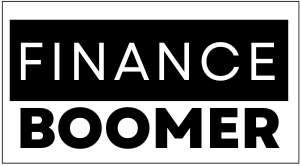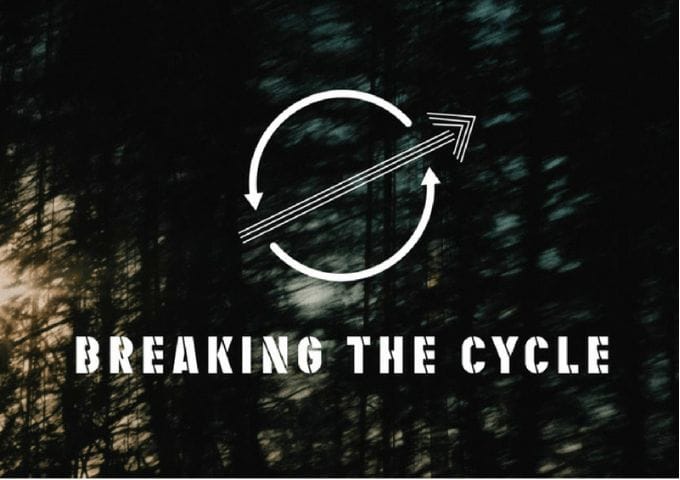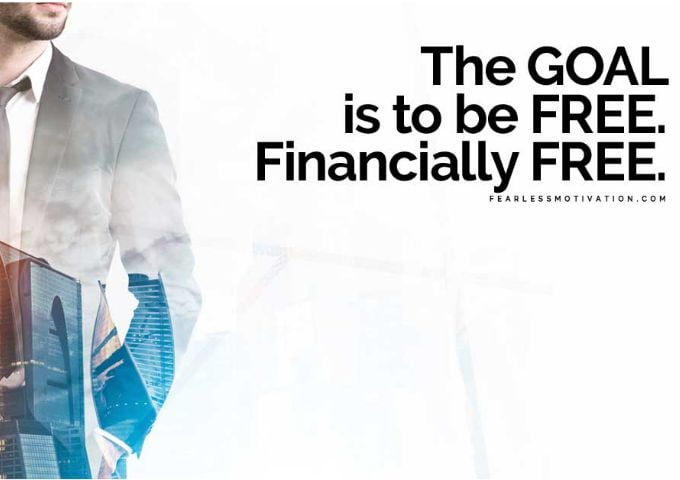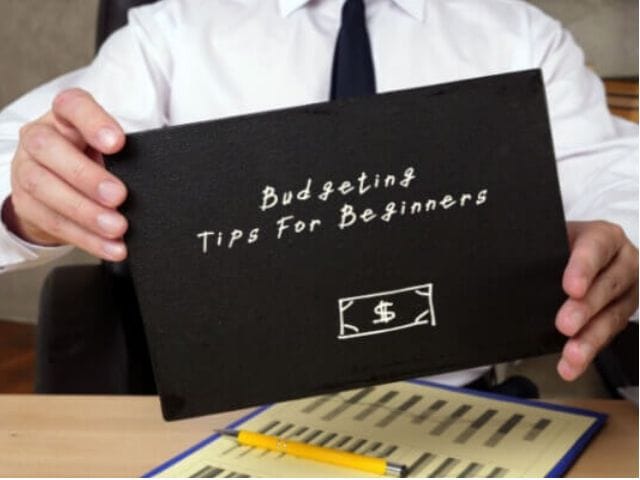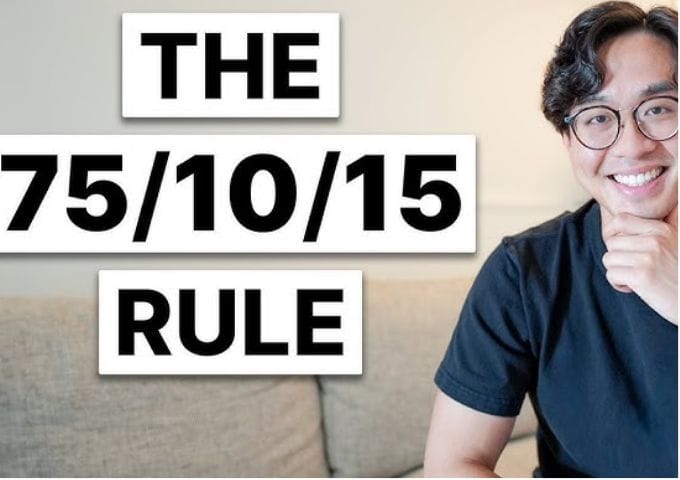Financial Literacy & The Social Media Generation
A new generation began in 1985. Leading-edge babies are now in their 30s. I’m one of them! And we are the social media generation. We are unlike any generation the world has ever seen. We are educated, competitive, and high-tech. But we have a massive weakness. It is our lack of financial literacy.
Understanding Financial Literacy
Financial literacy is being able to understand money and how it works. How many of us understand good debt versus bad debt? Compound interest? And the idea of paying ourselves first? If we don’t understand money, how will we be able to buy the things we want, do the things we want to do, and one day retire debt-free? As a member of the social media generation, I live in the present.
The Present vs. The Future
We are so present that we have a hard time thinking about the future. Don’t ask me what I want for dinner tomorrow. That’s a future me problem. And this applies to our finances as well. Future me will deal with it. Where’s this all coming from? It’s coming from us. We feel the world owes us something.
The Sense of Entitlement
We feel entitled. We want our ego to be stroked. We want the good things in life, and we want them now. Instant gratification. As part of the social media generation, I grew up with smartphones and social media. My friends and I would rather send text messages and videos than meet up in person. Phone calls? Pfft, not a thing.
The Illusion of Social Media
We use social media to let others know what’s happening in our lives. “Hey, did you see that on my Instagram story?” is what we commonly ask our friends. And we only show the world the best of our best. We are a generation that’s motivated by likes, comments, views, and shares. What other people think about us is so important. Sometimes we forget that social media also shows the best of other people’s lives. And when we see what they have, we say, “Oh, I want one of those.”
Impulsive Purchases and Regrets
A few months ago, I saw a TikTok video where someone used an air fryer to make some healthy fried chicken. Come on. Healthy fried chicken. (Laughter) How could I say no to that? I bought an air fryer. It was $100 I didn’t need to spend. And when asked about this impulsive purchase, I say, “TikTok made me buy it.” (Laughter)
The Consequences of Financial Ignorance
Our lack of financial literacy is hurting our generation. Run the world? We aren’t ready for that yet. The only thing we are running up right now is our credit card debt. We are incurring record levels of debt at high-interest rates. Compound interest is working against us. And why are we going into debt? We’re buying things we can’t afford to impress people we don’t even know or even care about. We are setting ourselves up for failure by not understanding how money works.
Entitlement and Easy Credit
We’re making money decisions based on entitlement and ego. Add easy access to credit to this mix, and this is a recipe for disaster. Five years ago, I made one of the worst financial decisions of my life. I love luxury cars. I remember seeing some breathtaking photos of luxury cars on Instagram. I had to have one.
The Price of Luxury
Hey, I deserve it, right? So I sold my fully functioning, paid-off, practical car and upgraded to the luxury model, just like the one online. The car cost $65,000. The monthly payments were high and the depreciation huge. It was a terrible financial decision at the time, but my friends were impressed. “Oh my gosh, it’s so beautiful. Look at how cool it is,” they said.
The Illusion of Affordability
And I received a lot of likes, comments, views, and shares on social media. I was stoked and my ego was pumped. The car salesman told me, “If we increase your monthly payments from 60 to 84 months, the payments fit your budget.” Awesome, I thought it fits my budget, yes! But I didn’t realize that increasing the monthly payments from 60 to 84 months almost doubled the interest that I had to pay. Dinner for the next 84 months was either instant noodles or macaroni and cheese.
The Need for Financial Literacy
We need to become financially literate. We need to understand money and how it works. We need to learn how to use credit the right way. And when we do, we’ll start making smarter financial choices. In just 10 years, my friends and I of the social media generation will make up 75% of the global workforce. We’ll be in charge of running businesses, education and legal systems, police and military forces, government. You name it, we’ll be running it.
The Wealth Transfer
But also, in just 10 years, our parents will be passing down massive amounts of wealth to us. And if we don’t know how to take care of this wealth, we won’t have it for very long. Becoming financially literate is non-negotiable. For the first 27 years of my life, I was not financially literate. It took me a long time to admit this. I am a CPA, a chartered professional accountant. And I incorrectly assumed that I was financially literate.
The Illusion of Financial Literacy
I was always good with my money. I always spent less than I earned. But that didn’t mean that I was financially literate. I didn’t have financial goals, a budget, a retirement plan, or an emergency fund. And in my professional life, I was busy chasing job titles, promotions, and pay raises. I craved instant gratification. I demanded what I thought I deserved. And if I didn’t get what I wanted, I would go find a new job.
Keeping Up with Peers
I saw my peers getting promoted through updates on LinkedIn. I had to keep up with them. And as I moved from job to job, my salary increased. This was great. But it did not improve my financial literacy. In fact, it covered it up. It allowed me to justify spending more because I earned more.
A Moment of Reflection
One afternoon I was working remotely sitting at my kitchen table. I opened my Instagram app. The first picture that popped up was of my friend and his family with their new Tesla Model 3 in front of their new home. Picture perfect. Man, I wanted everything in that photo: family, new car, beautiful home. This got me thinking about my financial goals. What do I want that I currently don’t have? Well, I wanted a fancy new watch. I wanted a new laptop and a new cell phone.
A Life-Changing Question
And then I realized something. When I saw my friends posting photos of fancy new things, I wanted them too. There was only one way for me to obtain these new things. I needed more money. I just had to find a way to earn more. I thought that the easiest way to earn more money was just to get promoted.
The Turning Point
And that afternoon, I asked myself one simple question that would change my life forever. If I was offered my boss’s job tomorrow, would I take it? If I was offered my boss’s job tomorrow, would I take it? In my mind, the answer was an automatic “Yes! A promotion! Of course!” I worked hard. I was entitled to it.
The Realization of True Desire
More pay, perfect for my ego and all of the things that I wanted to buy. But that afternoon, to my surprise, my gut reaction said ‘No’. ‘No.’ Immediately, a tsunami of emotions rushed in: happiness, sadness, confusion, fear, overwhelm. Why was I feeling this way? I broke down and I started to cry. They were tears of sadness.
Breaking the Cycle
In that moment, I realized that I was living a lie. In that moment, I realized that I was in a vicious cycle of lifestyle creep. When I earn more, I spend more. And in that moment, I realized that material things and money owned me. (Sighs) I wasn’t working to fulfill my purpose and passion in life. I was working at a job just for the money.
The Realization of Priorities
And the money to pay for things, to impress people I don’t even know or even care about. I was so focused on the present moment I didn’t even consider my financial future. I was a CPA and not financially literate. How ironic, right? Entitlement, ego, and a lack of financial literacy were ruining my life.
Taking Action
Something had to change. I decided to take action. I decided to change my financial life. I bought every personal finance and self-help book I could find. I read them all. I researched how to make a budget, and I put my trusty Excel skills to work. I found mentors and hired coaches to guide me. It wasn’t easy.
The Journey to Financial Literacy
But eventually, I became financially literate. Something about me felt different when I became financially literate. I felt free. Free of entitlement. Free of craving instant gratification. Over the next five years, I paid off my high-interest debt. I doubled my savings rate. I built an emergency fund. I invested money for retirement. And in year five, I bought a modest home.
The Impact of Financial Literacy
Becoming financially literate changed my life. And I’ve helped my friends and other people change theirs too. Job titles, promotions, and pay raises no longer motivated me. I started my own business. I started fulfilling my life’s purpose. Financial literacy is being able to understand money and how it works.
The Basics of Financial Literacy
It starts with understanding that good debt is debt used to purchase assets. Bad debt is debt used to purchase liabilities. It starts with paying ourselves first. And this means 10% of our income goes into a savings account or investment for the future. It starts with making smarter financial decisions today, regardless of what you see on social media.
The Importance of Financial Goals
And this means saying yes to a staycation because your financial goals say that you want to buy a home in five years. We, the social media generation, are the future leaders of our world. It’s so important that we understand how money works. Becoming financially literate is non-negotiable.
FAQs: Financial Literacy & The Social Media Generation
1. What is financial literacy?
Financial literacy is the ability to understand and effectively manage personal finances, including budgeting, saving, investing, and understanding credit and debt. It involves knowing how money works and making informed decisions to achieve financial stability and security.
2. Why is financial literacy important for the social media generation?
Financial literacy is essential for the social media generation because it gives them the tools to survive in a world where peer pressure and rapid satisfaction are commonplace. Understanding financial concepts enables them to make appropriate decisions that support their long-term objectives, as adolescents are frequently exposed to lifestyles that place a premium on appearances.
3. How does social media influence financial decisions?
Social media frequently presents an idealised picture of life, which encourages comparisons and a sense of entitlement. This may lead to rash purchases and unwise financial choices. Being financially literate might help people focus on their financial objectives rather than giving in to the temptation to spend money based only on what they see online.
